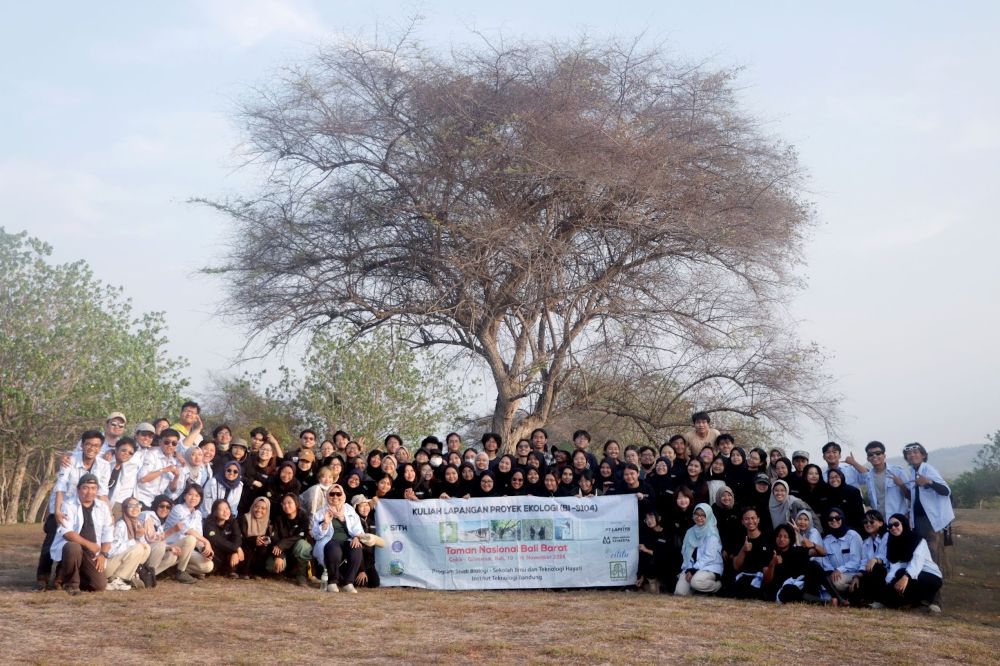ITB Talks 2024: Using AI to Face Learning Challenges in the Digital Age
By M. Naufal Hafizh
Editor M. Naufal Hafizh
BANDUNG, itb.ac.id – Margie Jantti, Director of Library Surfaces at the University of Wollongong, Australia, discussed numerous challenges stemming from rapidly advancing technology in education, including artificial intelligence (AI), and how to adapt to it. This was addressed in ITB Talks themed “AI for Education” in the West Hall, ITB Ganesha Campus, on August 7, 2024.
She expressed her views on how Australian universities, including the University of Wollongong, are adapting to and taking advantage of generative AI. Not only is AI now a tool, but it is also a crucial component in education, research, and the development of academic communities.
According to Jantti, Australian universities are currently pushing responsible authorities to enact an unambiguous policy on the use of AI. The Australian government, through the Tertiary Education Quality and Standards Agency (TEQSA), has requested all universities to draft the implementation of generative AI in education and research. This plan comprises various objectives, which also include providing lifelong learning opportunities for all Australians and implementing a more flexible and responsive educational system.
She emphasized the importance of innovative education coupled with an online and hybrid approach. In her words, educational institutions must be able to encourage the sharing of best practices in teaching and expand training access to staff, especially regarding generative AI. This serves to ensure that teachers and students are fully informed of AI and understand how to use it responsibly and ethically.
“We are well aware that AI is advancing exponentially, and though generative AI provides many benefits, we still have to balance this by developing students’ ability to criticize the methodology and output of AI,” she stated.
One of the aspects she mentioned was the need for continuous guidance for students in the use of generative AI. This guidance should incorporate several aspects, from effective prompting techniques and results verification to ethics and privacy.
On the other hand, university libraries play the central role in preparing students for the learning challenges in the digital age. Libraries not only provide access to information but also become the core for developing digital literacy and metaliteracy, which is now being expanded with the integration of generative AI. This phenomenon relates to how students are taught about safe, ethical, and responsible ways to utilize AI.
Jantti further explained that libraries also contribute to integrating AI into the curriculum and ensure that students not only understand how AI works but are also able to scrutinize the results.
She prompted various universities to become committed in the development of sustainable education and innovation. In addition to providing information, libraries should also act as intermediaries that guide students and prepare academics to face the increasingly complex and digital challenges of the future.
Reporter: Iko Sutrisko Prakasa Lay (Mathematics, 2021)
Translator: Ariq Ramadhan Teruna (Chemical Engineering, 2021)
Editor: Anggi Nurdiani (Management, 2024)

.jpg)

.jpg)

